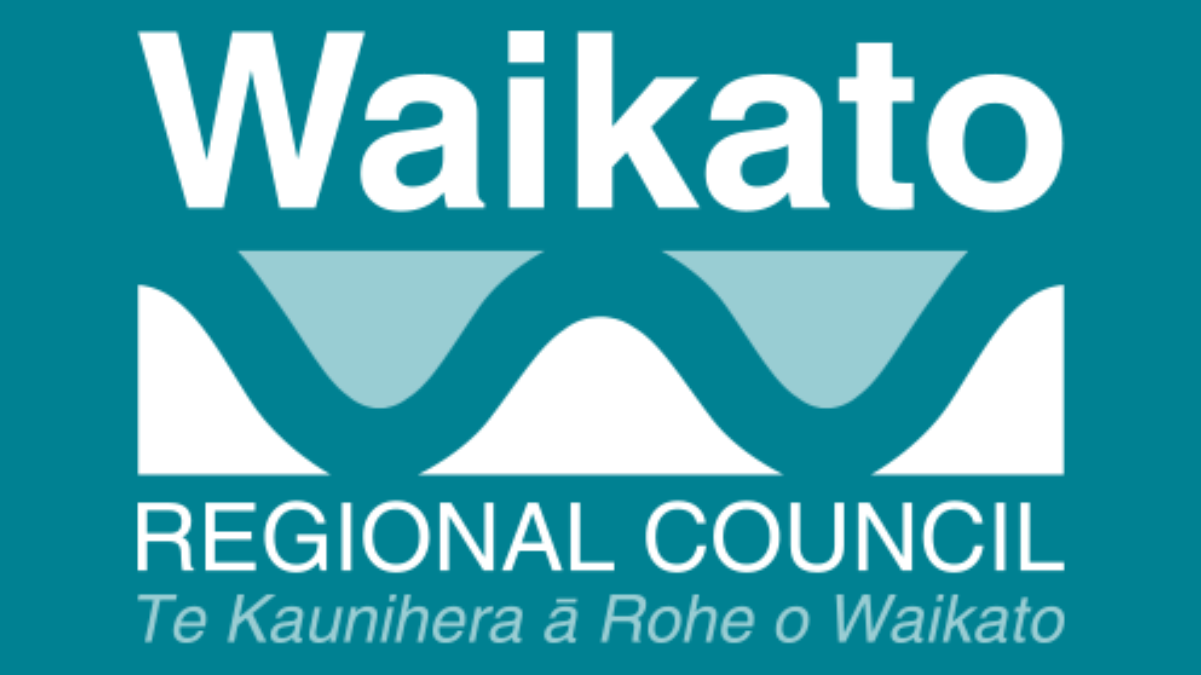Waikato Regional Council news
Compliance, monitoring and enforcement data just released by Waikato Regional Council for 2019/20 show that 21 environmental prosecutions were completed over 12 months, with 42 convictions against 23 polluters.
A total of $1.189 million in fines was imposed against those polluters by specialist judges who heard these cases around the Waikato region.
“Prosecutions for the really serious environmental incidents are important, but only form part of our overall compliance strategy,” said the council’s regional compliance manager Patrick Lynch.
“A large part of daily business for our council is to enable the community and businesses to utilise and interact with natural and physical resources – like using water from the Waikato River. But using those resources comes with obligations.
“There is a balance to be struck and we have to ensure people also operate within environmental limits,” Mr Lynch said.
“There are currently more than 11,400 resource consents across about 5000 sites in the Waikato, with 62 per cent of the monitored consents compliant last year. Non-compliance ranges in its seriousness, and for those found to be non-compliant a variety of actions will have been taken, including education. Sometimes, more than one action will be taken if initial directions are not heeded.”
Environmental compliance, enforcement and monitoring data for the last financial year also shows:
- 134 abatement notices, 71 infringement notices, 6 enforcement orders and 305 formal warnings were issued
- 820 of the region’s 4100-plus dairy farms were physically inspected
- more than 1700 environmental incidents were reported by the public – all were assessed and responded to, with 570 physically attended by council staff.
“It is essential the community can rely on us to respond and take responsibility as the environmental and maritime safety regulator, and to encourage positive behaviour change through various enforcement tools if needed.”
In addition, regional council maritime officers interacted with more than 2500 people on coastal and inland waterways over the 2019/20 reporting period, with 86 infringements, 34 formal warnings and 72 verbal warnings.
Kathy White, Taupō constituency councillor and Environmental Performance Committee chair, said she was heartened by the results but concerned about the seemingly slow rate of behaviour change in some sectors.
“Council staff are working really hard and, as their governors, we continue to support them in their compliance, monitoring and enforcement work. We have a fantastic region, and we need to enjoy it sustainably and safely. But clearly there is still a way to go for some in our community to realise this,” Cr White said.
Read the latest compliance, monitoring and enforcement report card here: waikatoregion.govt.nz/investigation-and-enforcement.
Call the 24-hour freephone 0800 800 402 to report air, water or land pollution incidents, or maritime safety incidents, in the Waikato.
Background
The regional compliance section has recently been brought together to ensure Waikato Regional Council is in a strong position to meet the anticipated growth in regulatory commitments being introduced by central government. Central government is addressing national environmental issues through the introduction of national regulations, such as plantation forestry and, more recently, freshwater management.
The section comprises:
- five investigators to formally look into very serious incidents
- a 24-hour incident response service able to respond to environmental events
- a team dedicated to monitoring farmers’ environmental activities
- a regional harbourmaster and maritime officers working to ensure compliance with the region’s navigation safety bylaw to keep coastal and inland waterways safe for users.
This section works closely with other staff in the council’s regulatory team that monitor compliance with the many thousands of resource consents that are operative across the region.
“Though we have more regulatory obligations, we do not necessarily have more regional resources, so we have to be as efficient with our current resources as possible. Ensuring our compliance teams work closely together assists with that,” Mr Lynch said.

